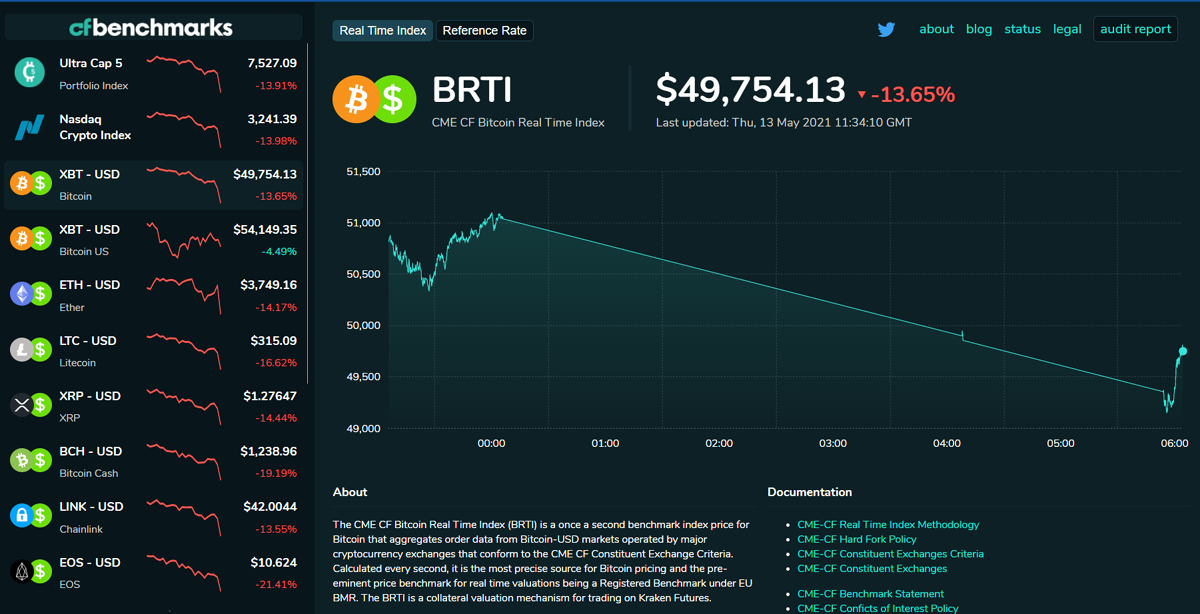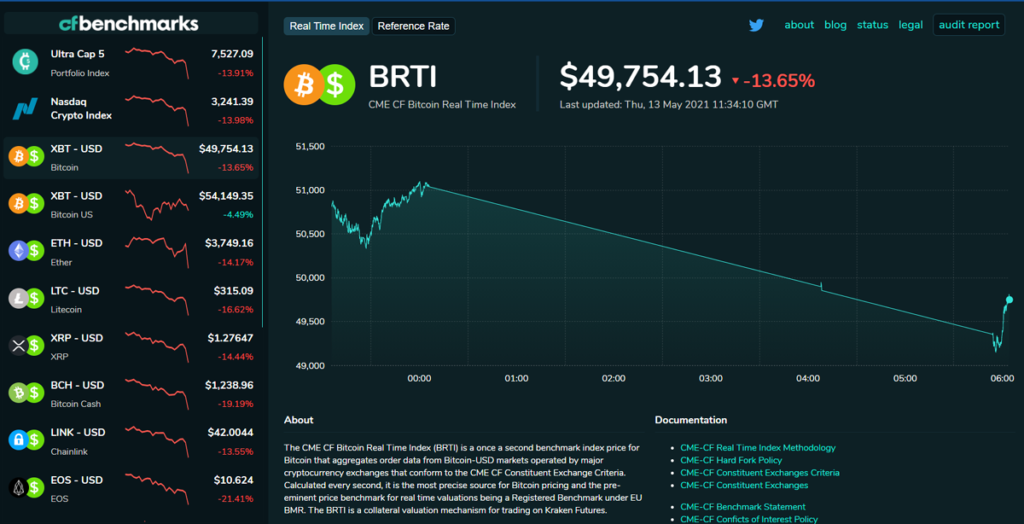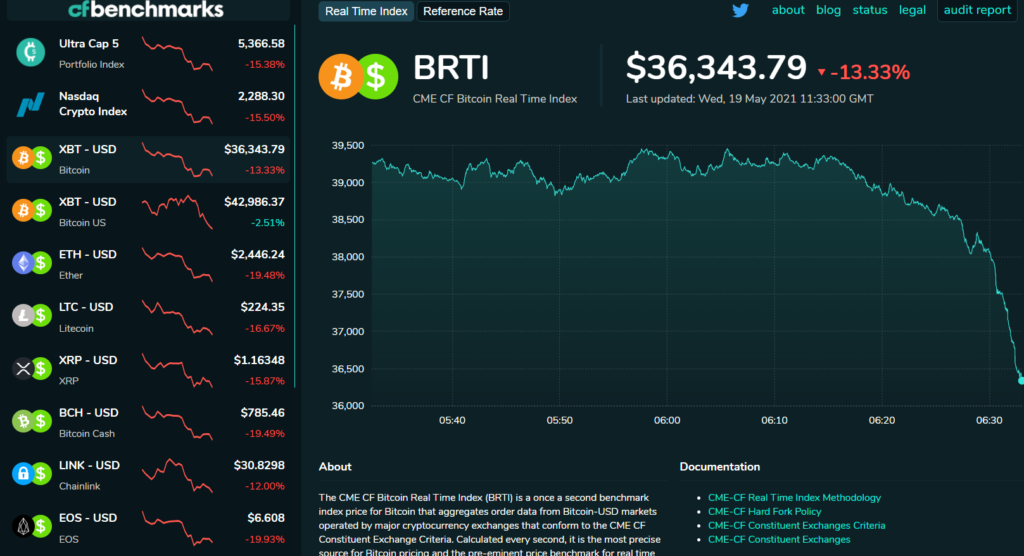
Note: The truism that the price of financial assets is correlated to events and the pronouncements of the institutions and individuals correlation of cryptocurrencies to news reports became even more apparent on Wednesday morning. A report by Chinese regulators that virtual currencies are not “real” currencies sparked this selloff. The selloff earlier in the week resulted from Elon Musk’s tweets that Tesla would no longer accept bitcoin as payment. The correlation of prices to events holds as true in cryptofinance as it does in traditional finance.
The Economist ran its annual survey of banking last week, which included a cover editorial on government digital currencies and a survey of the technology that’s changing how people manage their finances.
“Governments and financial firms need to prepare for a long-term shift in how money works, as momentous as the leap to metallic coins of payment cards,” the newspaper concluded. “State digital currencies are the next great experiment in finance, and they promise to be a lot more consequential than the humble ATM.”
More consequential in the near term are the apps on mobile devices rule payments in China, while PayPal has become the world’s most valuable payments platform. The data they and other apps collect is even more valuable, enabling firms to make lending decisions based on real-time financial activity. “Data can be a substitute for collateral,” the head of innovation at the Bank of International Settlements told The Economist.
This could be good if it opens access to and lowers fees for financial services for people who don’t have access to the banking systems. Thus far, it’s the tech firms that are building the digital tools to fulfill that need. “It is possible to see a future in which banks play a smaller role, or even none at all, with digital money and deposits provided by central banks, financial transactions carried out by tech firms, and capital markets providing credit.”
Even so, we also saw some of the problems that the crypto-based sector of digital finance faces. Bitcoin made headlines this week with its position as an uncorrelated asset class and store of value not unlike gold challenged by a tweet.
We learned this week that bitcoin can be highly correlated to opinion makers. Prices fell by some 13% on the basis of a tweet by Elon Musk that his company would no longer accept it as payment. Other crypto assets fell accordingly. Cryptocurrency prices follow bitcoin’s, though the price of Ethereum’s ether token recovered faster than bitcoin.
 Source: CFBenchmarks prices Saturday May 15 6am
Source: CFBenchmarks prices Saturday May 15 6am
What interests me more than the ups and downs of bitcoin, however, is the increasing rise of cryptofinance and the digital tokens that can represent traditional assets, like national currencies, corporate bonds, real estate, and digital media. Traditional financial institutions enforce compliance, manage risks, and create wealth for a financial system that technology is increasingly passing by. They will need to learn the new tools.

